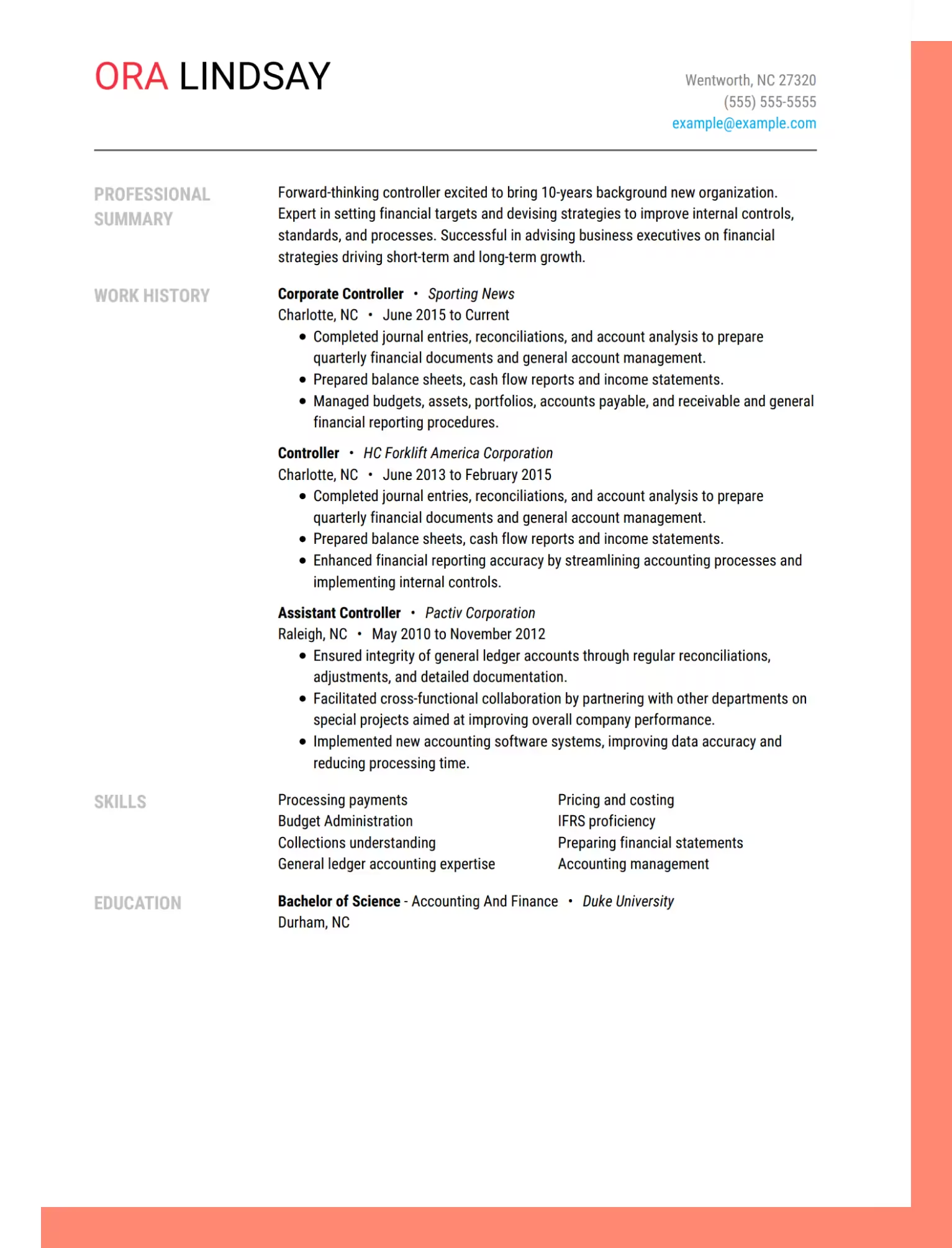Best Film Resume Examples

- 30% higher chance of getting a job‡
- 42% higher response rate from recruiters‡
Our customers have been hired at:*Foot Note
Do you have a passion for cinema and the ambition to pursue a film-making career? From directors to camera crews to scriptwriters, a career in film is an exciting path for the motivated movie buff. The U.S. Bureau of Labor Statistics (BLS) estimates that many different types of film careers will grow between 2021 and 2031, creating new opportunities for workers in this industry.
“Show, don’t tell” may be an important rule in film-making, but to land the right film-making role, the ability to write a resume that tells recruiters why you’re a good fit is crucial. That’s why we’re here. We’ll help you build the perfect film resume or CV and create an effective cover letter to accompany it. Plus, we offer some great resume examples, CV examples and cover letter examples to get you started.
Resume examples for top film jobs
More film resumes by job title
CV examples for top film jobs
Our customer reviews say it best
Our resume builder makes it easy to craft an impressive, ATS-friendly resume in just minutes.
- Free professionally designed templates.
- Expert suggestions for every section of your resume.
- Start a resume from scratch or edit your existing resume.
Film resume FAQ
What’s the ideal resume format for a film job resume?
There are three standard resume formats. The one you choose should depend on your level of work experience and career goals.
- Functional format: Entry-level applicants will benefit from this format. The layout focuses on skills, allowing you to showcase everything that you can do.
- Combination format: This format puts the skills and work experience on equal footing. It’s a great option if you have a few years of experience in the film-making industry.
- Chronological format: Ideal for seasoned film-makers and industry professionals with many years of experience, this format showcases expertise through a detailed work history section.
What are some common skills required for film jobs?
What qualifications and certifications do employers look for in this industry?
Different types of film careers require different types of qualifications. Industry experience is always a plus, but formal training, vocational school and a bachelor’s degree are all common amongst different kinds of film careers.
What is the salary potential for a professional in the film industry?
The average salary for an employee in the film industry in 2021 was $62,340. This covers a wide range of careers that are involved in the film-making process. The expected salaries for these careers can vary quite a bit. For example:
- Producers and directors: $79,000 per year.
- Actors: $46,960 per year.
- Film and video editors and camera operators: $60,360 per year.
What does the career progression for a professional in the film industry look like?
Many different types of film careers are currently on the rise. Opportunities for producers and directors are expected to grow by 8% between 2021 and 2031, for an average of 17,500 new opportunities per year during this period.
Acting opportunities are also expected to grow by 8%, while video editors and camera operators can expect a staggering growth rate of 12% during this period.
How we reviewed this article
Since 2012, we have helped more than 11 million job seekers. We want to make your career journey accessible and manageable through our services and Career Center's how-to guides and tips. In our commitment to bring you a transparent process, we present our Editorial Process.

